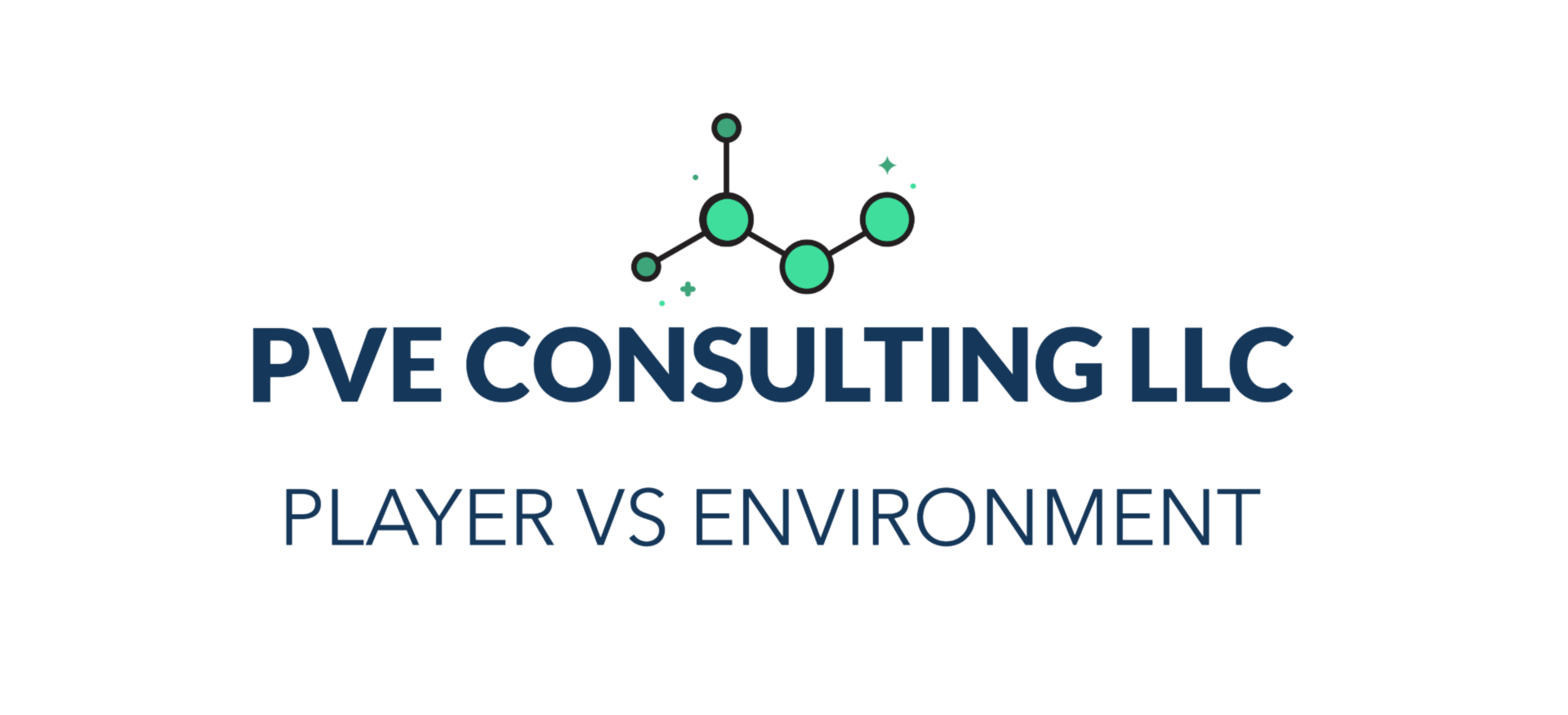Market Data vs A Formula 1 Race Car
Strategic Data Portfolio Management

By Peter Esler
Founder, PVE Consulting LLC
https://www.marketdataconsultants.com/
In the previous blog we reviewed the requirement for Active Market Data Management. Market data is the Critical Asset behind every investment firm. This is very analogous to a race car owned by Formula 1 team.
If you owned a Formula 1 car, you would hire the best team of people you can find, to coordinate their activities and deliver “the Car” to be a top performer to consistently win!
Market data at your firm requires the same attention as a Formula 1 race car.
This valuable asset requires a team of highly skilled market data professionals to run a successful program. As more Portfolio Managers (PMs) realize that Data is the asset, they seek out highly talented Quants, Data Manipulators, and Toolsets. But they oftentimes overlook (and under fund) a critical job – that of the Commercial Manager.
The Commercial Manager (CM) maintains a team of Market Data Negotiators. The purpose of the CM team is to work directly with the PMs, Quants, and Data Manipulators to deliver on a Strategic Data Portfolio. A Strategy for mapping your existing data, (what do we have), evaluating data quality, (is it any good), and renewing and/or acquiring new data (does this augment or replace existing data). Score Cards are utilized to assess data quality and support both in-house and the Vendor.
So, what is the result of not hiring a quality CM team?
PMs and Quants are aggressively seeking greater amounts of structured and alternative data. Without the overview of a CM Team exercising a Strategic Data Portfolio mindset, the requested data may have been previously licensed but sit in an orphaned database. Here, we often find multiple data sets in tangential repositories that are not actively managed. So, the data is out of sequence, or not adjusted for corporate actions, so pretty much useless. There are many reasons why data gets moth balled, but by not actively managing this data, or the contracts behind them, it can lead to enormous costs and expose the firm to audits, and broken algorithms.
Here comes the Hybrid Exchange
The marketplace has been observing the Exchange Groups growing their profits by diversifying their product offerings. Market Data has become a dependable consistent revenue producer which the Exchanges have enjoyed through “Display fees”, “Non-display fees” and the “Creation of Original Works fees”.
So, what will happen when they acquire large data sets from Aggregation Vendors? Those in the industry I have spoken with, have stated a concern that these new Hybrid Exchanges may raise their aggregated data costs. They have pointed out that the Exchanges have done it in the past. When a German exchange created a new pair of product licenses, “Non-display” and “Creation of Original Works”, the rest of the Exchanges were quick to replicate. We have seen over the years, a steady increase in fees on exchange licensing.
The financial community should brace for a potential ramp-up in Vendor fees as these Exchanges justify their acquisitions to their shareholders.
The Financial Community should anticipate:
1. Bundling of services – if you subscribe to this, you must take that.
2. Price Increases due to bundling or failure to bundle.
3. Increased barriers of entry for existing and new data competitors.
4. And, a reduction of demand elasticity, as certain products and markets “get locked in” by a single vendor solution.
PVE Consulting LLC is a leading consultancy specializing in Market Data.
We believe in Strategic Market Data Portfolio solutions. PVE helps firms’ master the complexity of market data by optimizing their environment through data mapping, usage reviews, contract negation/re-negotiation, eliminating redundancy, and moving our clients towards an overall Data Management Strategy.
Let us help you!
peter.esler@pveconsulting.net
All Things Market Data

